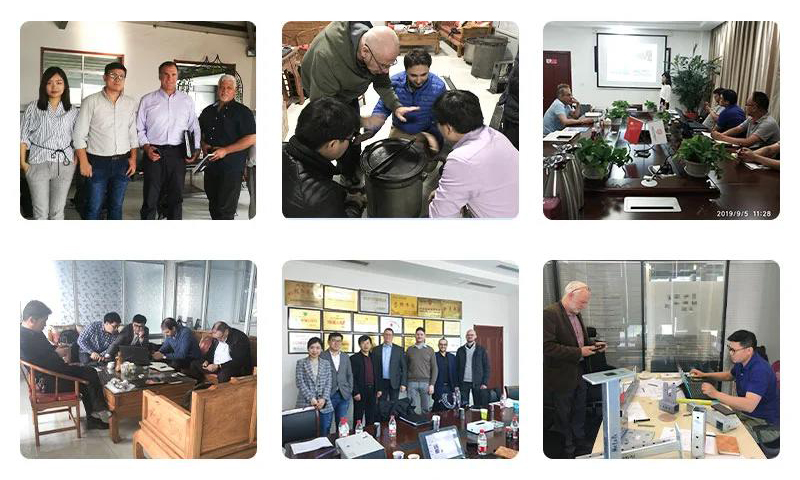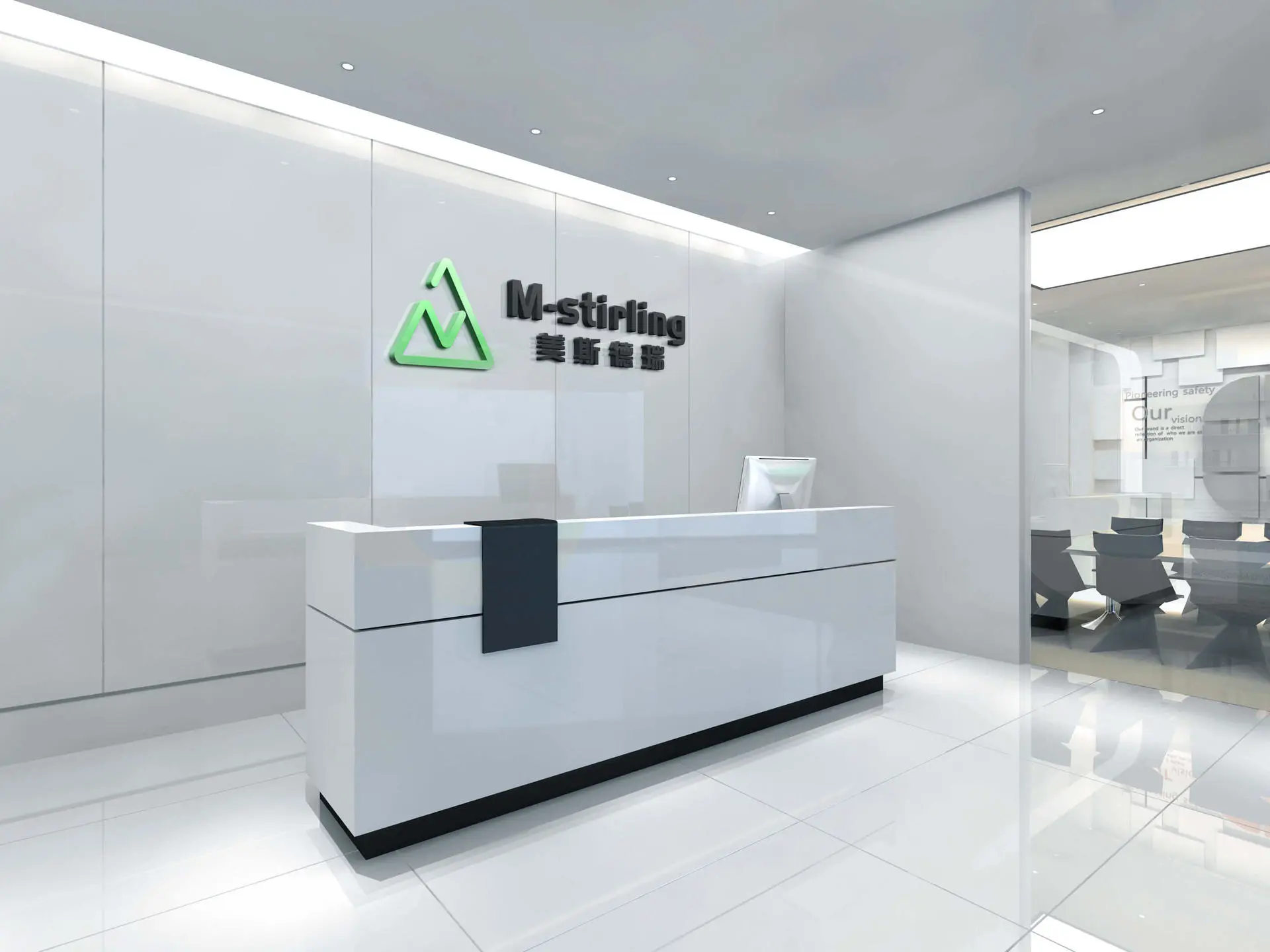- All
- Product Name
- Product Keyword
- Product Model
- Product Summary
- Product Description
- Multi Field Search



| Availability: | |
|---|---|
Product name : Black bar and plate intercooler core manufacturer
NO. | ITEM | DESCRIPTION |
1 | Material | Aluminum alloy 3003 for core, ADC12 for end tank |
2 | Dimension (L*W*H) | Up to 750*400*80 mm |
3 | Port G | 2,2.5 or 3 inches or custom |
4 | Working Pressure | 5 Bars |
5 | Cooling Capacity | Up to 3000 W |
6 | Medium | Water and Air |
7 | Type | Plate fin heat exchanger |
8 | Manufacturing Method | Vacuum brazing and argon-arc welding |
9 | Cooling Method | Water to air |
10 | Surface Finish | Natrual or powder coating |
11 | Warranty time | 2 years |
12 | Place of Region | Jiangsu province of China |
13 | Reference Standard | GB/T 3190-2008,JBT7261 |
There are several reasons why choosing a bar and plate intercooler core is a great choice for your high-performance engine:
Improved Cooling Efficiency: Bar and plate intercooler cores offer superior cooling efficiency compared to other types of intercooler cores. This is because the bar and plate design allows for a greater surface area, which provides more contact with the air flowing through the core. This results in better heat dissipation and lower intake temperatures, which can improve engine performance.
Durability: Bar and plate intercooler cores are constructed from high-quality materials, such as aluminum or stainless steel, which are both durable and resistant to corrosion. This means that the intercooler core can withstand a high-performance engine's high temperatures and pressures, without the risk of warping or leaking.
Lighter Weight: Bar and plate intercooler cores are often lighter than other types of intercooler cores, such as tubes and fins. This can be an advantage for vehicles where weight reduction is a priority, as it can improve handling and acceleration.
High-Flow Design: The bar and plate design of the intercooler core allows for a high-flow design, which allows more air to pass through the core at once. This can lead to faster cooling and improved engine performance.
Versatility: Bar and plate intercooler cores can be used in a variety of applications, from street cars to high-performance race cars. This versatility makes them a popular choice among enthusiasts and professionals alike.
M-stirlings’s intercooler technologies include
◆ Vacuum brazed aluminum intercooler with aluminum die casting tanks welded
◆ Controlled atmosphere brazed aluminum intercooler with aluminum die casting tanks welded
◆ Vacuum or CAB brazed aluminum intercooler with aluminum sheet metal fabricated tanks welded
◆ Vacuum or CAB brazed aluminum intercooler with aluminum extruded tanks welded

▲ Auto intercooler

▲ Truck intercooler
Questions on intercooler
What does a intercooler do?
As we mentioned before, hot compressed air isn't great for combustion. That's where an intercooler comes in. The intercooler aids this process by cooling the air down before it enters the engine and combustion chamber. Depending on what kind of intercooler it is, the cooling process may be a little different.
What does an intercooler do for a turbo?
The intercooler cools the air compressed by the turbo/supercharger. Thus, reducing the temperature and increasing the density of the air supplied to the engine.
What happens when intercooler is damaged?
The biggest sign that your intercooler is damaged or leaking is that your engine will start to overheat. Since the intercooler is leaking, hot air continues to enter the engine. Your dashboard will signify a noticeable increase in temperature.
Does an intercooler increase BHP?
More oxygen in the same space means more efficient combustion and better engine performance. People often wonder 'do intercoolers increase horsepower? ' and unfortunately, no, a turbo intercooler does not add horsepower to your car.
Can I run a turbo without an intercooler?
What Happens If You Run a Turbo Without an Intercooler? Running a turbo without an intercooler will cause hot air to enter the combustion chamber and prematurely detonate. This can cause wear and tear damages at the least and major engine damage at worst.
Does an intercooler make a difference?
Without efficient cooling methods (such as an upgraded radiator or intercooler), you can run into problems. This is where a performance intercooler comes in, which helps absorb and remove that excess heat. This in turn allows the engine to produce more power.
Product name : Black bar and plate intercooler core manufacturer
NO. | ITEM | DESCRIPTION |
1 | Material | Aluminum alloy 3003 for core, ADC12 for end tank |
2 | Dimension (L*W*H) | Up to 750*400*80 mm |
3 | Port G | 2,2.5 or 3 inches or custom |
4 | Working Pressure | 5 Bars |
5 | Cooling Capacity | Up to 3000 W |
6 | Medium | Water and Air |
7 | Type | Plate fin heat exchanger |
8 | Manufacturing Method | Vacuum brazing and argon-arc welding |
9 | Cooling Method | Water to air |
10 | Surface Finish | Natrual or powder coating |
11 | Warranty time | 2 years |
12 | Place of Region | Jiangsu province of China |
13 | Reference Standard | GB/T 3190-2008,JBT7261 |
There are several reasons why choosing a bar and plate intercooler core is a great choice for your high-performance engine:
Improved Cooling Efficiency: Bar and plate intercooler cores offer superior cooling efficiency compared to other types of intercooler cores. This is because the bar and plate design allows for a greater surface area, which provides more contact with the air flowing through the core. This results in better heat dissipation and lower intake temperatures, which can improve engine performance.
Durability: Bar and plate intercooler cores are constructed from high-quality materials, such as aluminum or stainless steel, which are both durable and resistant to corrosion. This means that the intercooler core can withstand a high-performance engine's high temperatures and pressures, without the risk of warping or leaking.
Lighter Weight: Bar and plate intercooler cores are often lighter than other types of intercooler cores, such as tubes and fins. This can be an advantage for vehicles where weight reduction is a priority, as it can improve handling and acceleration.
High-Flow Design: The bar and plate design of the intercooler core allows for a high-flow design, which allows more air to pass through the core at once. This can lead to faster cooling and improved engine performance.
Versatility: Bar and plate intercooler cores can be used in a variety of applications, from street cars to high-performance race cars. This versatility makes them a popular choice among enthusiasts and professionals alike.
M-stirlings’s intercooler technologies include
◆ Vacuum brazed aluminum intercooler with aluminum die casting tanks welded
◆ Controlled atmosphere brazed aluminum intercooler with aluminum die casting tanks welded
◆ Vacuum or CAB brazed aluminum intercooler with aluminum sheet metal fabricated tanks welded
◆ Vacuum or CAB brazed aluminum intercooler with aluminum extruded tanks welded

▲ Auto intercooler

▲ Truck intercooler
Questions on intercooler
What does a intercooler do?
As we mentioned before, hot compressed air isn't great for combustion. That's where an intercooler comes in. The intercooler aids this process by cooling the air down before it enters the engine and combustion chamber. Depending on what kind of intercooler it is, the cooling process may be a little different.
What does an intercooler do for a turbo?
The intercooler cools the air compressed by the turbo/supercharger. Thus, reducing the temperature and increasing the density of the air supplied to the engine.
What happens when intercooler is damaged?
The biggest sign that your intercooler is damaged or leaking is that your engine will start to overheat. Since the intercooler is leaking, hot air continues to enter the engine. Your dashboard will signify a noticeable increase in temperature.
Does an intercooler increase BHP?
More oxygen in the same space means more efficient combustion and better engine performance. People often wonder 'do intercoolers increase horsepower? ' and unfortunately, no, a turbo intercooler does not add horsepower to your car.
Can I run a turbo without an intercooler?
What Happens If You Run a Turbo Without an Intercooler? Running a turbo without an intercooler will cause hot air to enter the combustion chamber and prematurely detonate. This can cause wear and tear damages at the least and major engine damage at worst.
Does an intercooler make a difference?
Without efficient cooling methods (such as an upgraded radiator or intercooler), you can run into problems. This is where a performance intercooler comes in, which helps absorb and remove that excess heat. This in turn allows the engine to produce more power.

